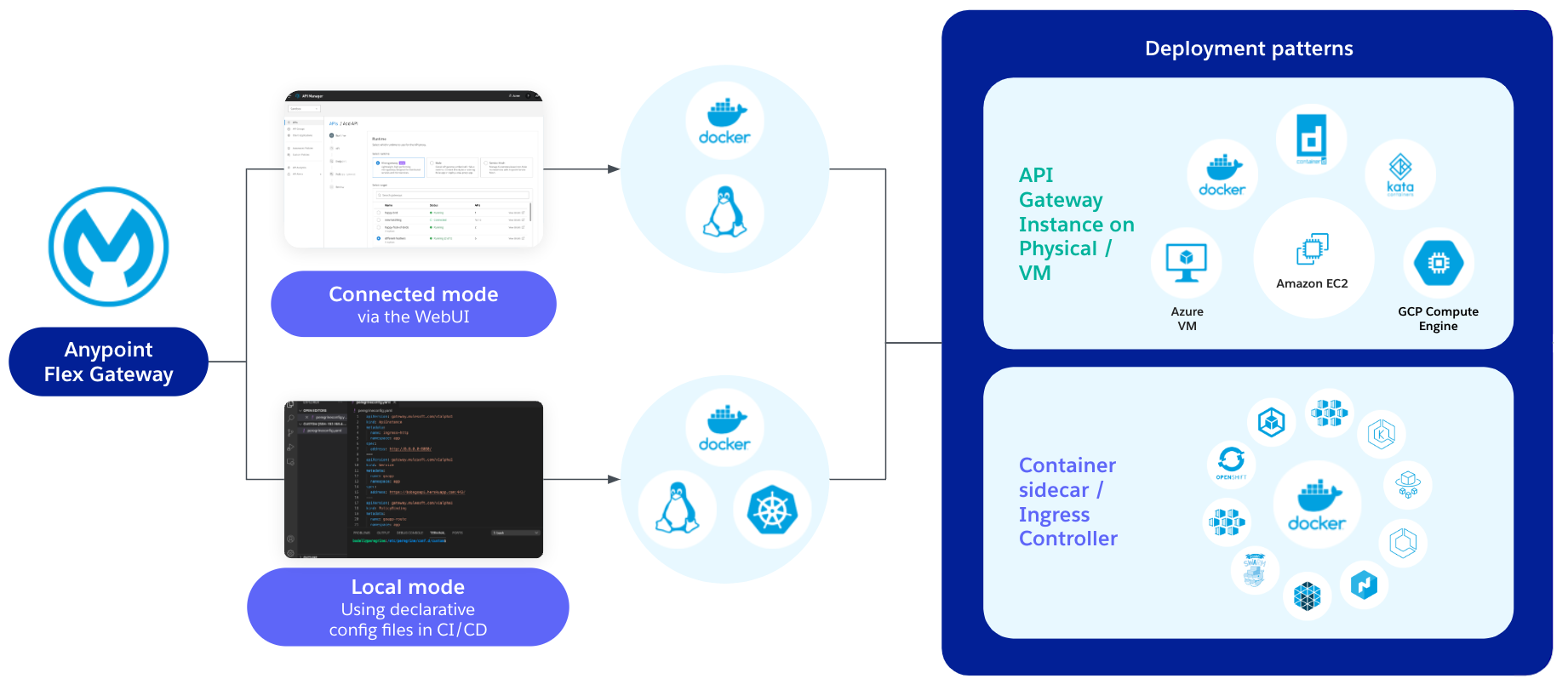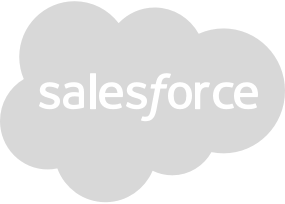BACK
MuleSoft Agent Fabric
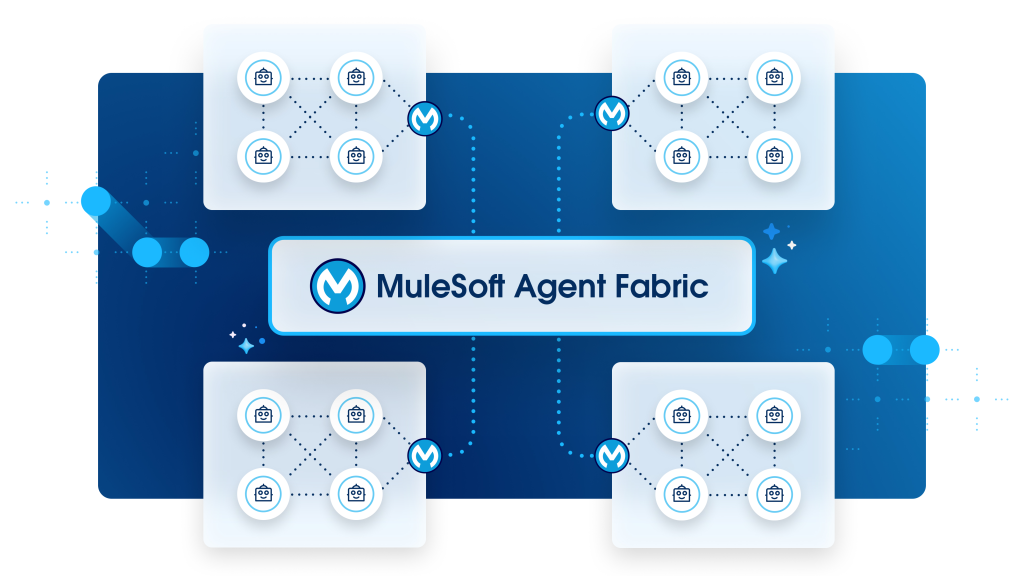
Why Agent Fabric?
Managing agent growth
A single control plane
Agent-ready integrations
Core Components
Agent Registry
Agent Broker (Orchestrator)
Flex Gateway — MCP & A2A support
Agent Visualizer
Observability & Telemetry
Technical Approach — How It Works
Discovery and Resource Cataloging
Context-Aware Orchestration
Policy Enforcement
Feedback Loop
Key Use Cases
Cross-system automation
SLA-critical agent orchestration
Security and compliance scenarios
Agent lifecycle management
Implementation Roadmap (Recommended Steps)
1. Discovery & Catalog Creation
2. Pilot: Simple Orchestration Flow
3. Security & Compliance Integration
4. Scaling & Observability
5. Process Optimization & Value Measurement
Frequently Asked Questions
What is the relationship between Agent Fabric and Anypoint Platform?
What is MCP and why is it important?
Why is Flex Gateway a critical component?
What insights does Agent Visualizer provide?
Which organizations should adopt Agent Fabric?
Start Your Agent Fabric Journey with Logicalbond
Strategy & Discovery
Pilot & Quick Wins
Security & Compliance
Operations & Training
What is an API?
An API consists of rules, protocols, and endpoints that enable communication between applications, services, and data sources. In modern enterprise architectures, APIs make data accessible, modularize business processes, improve developer experience, and accelerate time-to-market for digital products. A well-designed API strategy reduces technical debt, creates reusable assets, accelerates ROI, and bridges the gap between business and technology teams.
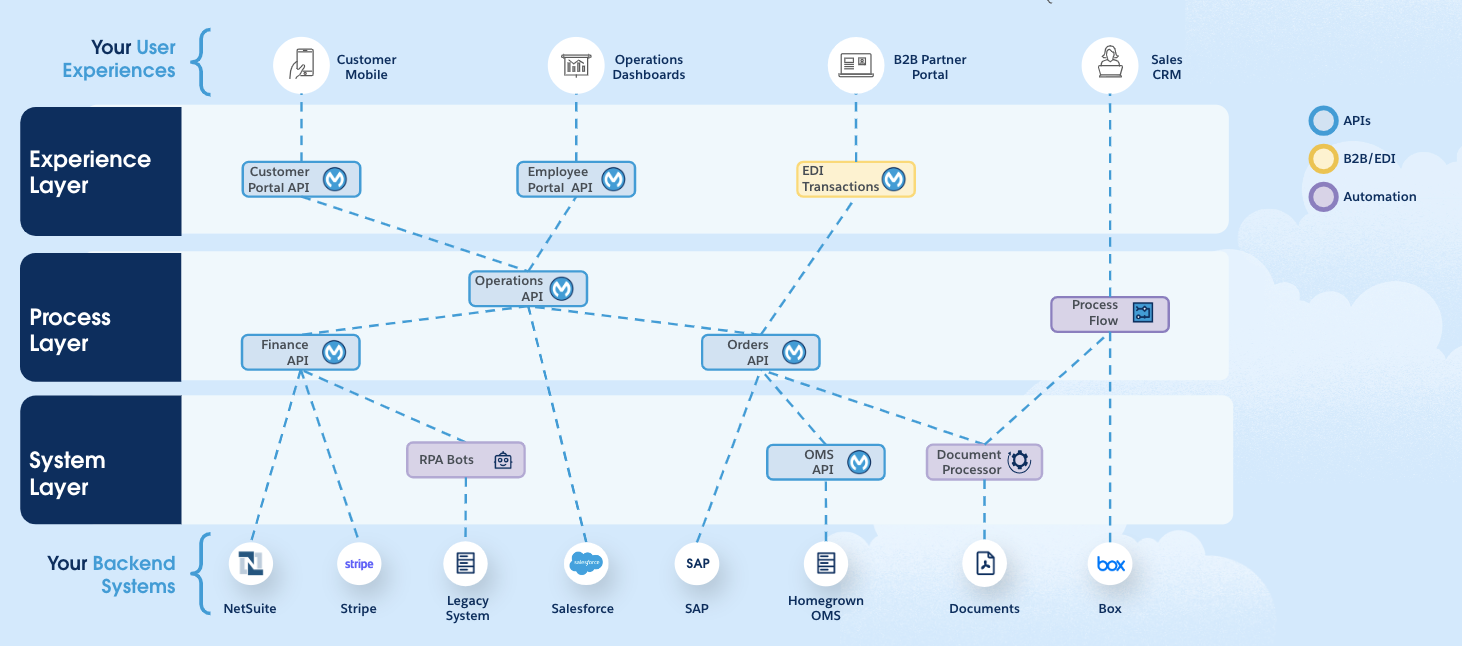
What is MCP?
MCP (Model Context Protocol) is a protocol that standardizes agent-to-tool and agent-to-system communication. MuleSoft's Anypoint Platform MCP support allows organizations to convert existing Mule applications and APIs into agent-ready assets with minimal changes, enabling agents to discover and invoke them. This ensures more accurate results with real-time business context, reduces hallucination risks, and scales operational automation.
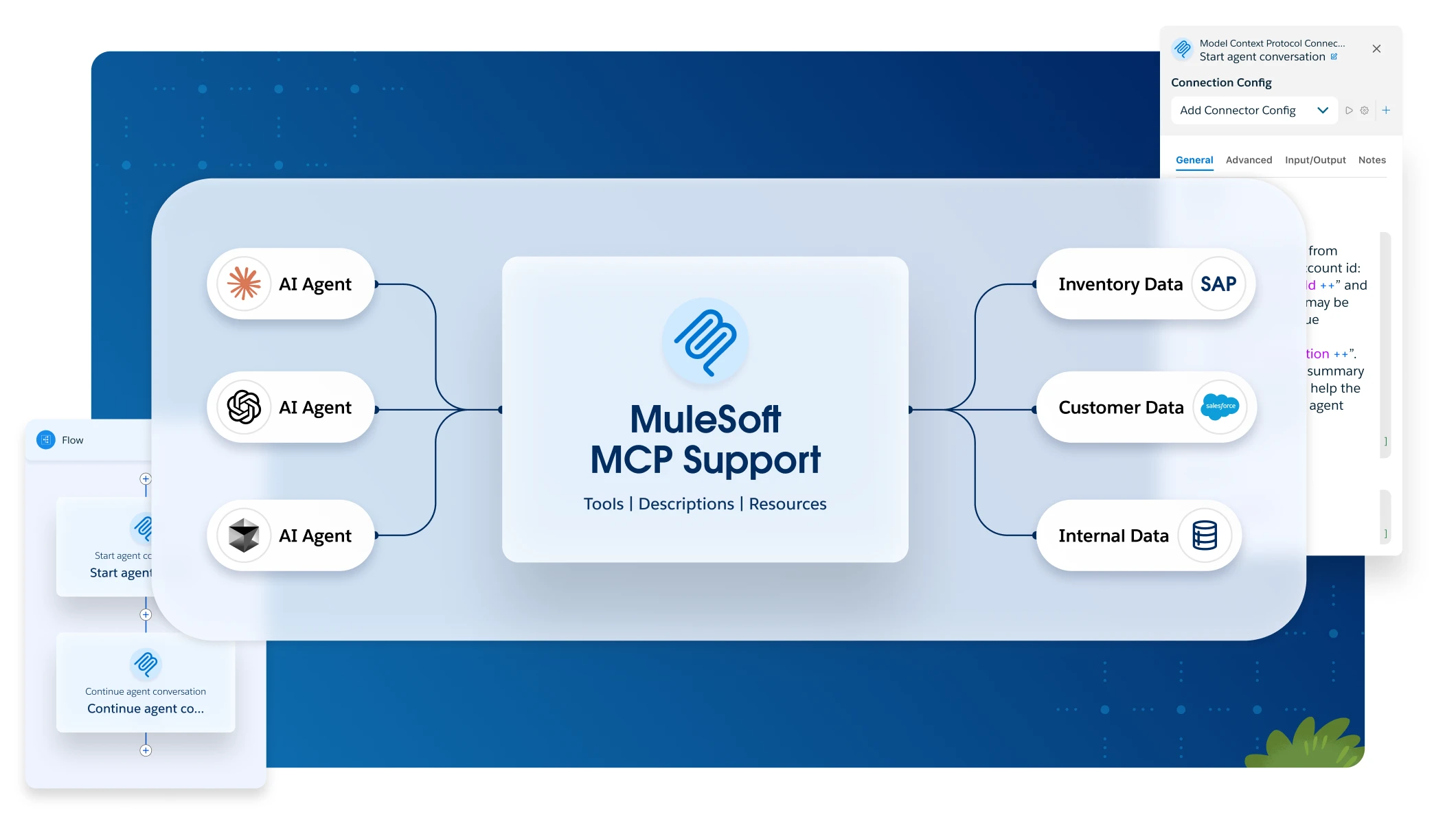
Anypoint Platform
Businesses require a fast, secure, and flexible integration layer across SaaS apps, on-premise systems, databases, and cloud services. MuleSoft Anypoint Platform offers an API-driven approach to manage all your enterprise systems from a single point. LogicalBond, as MuleSoft's authorized partner in Turkey, supports end-to-end digital transformation journeys for organizations.

Anypoint Monitoring
Today, integration networks, APIs, and microservice architectures are critical components of enterprise digital transformation. End-to-end visibility is essential to ensure the performance, reliability, and currency of these systems. Anypoint Monitoring delivers real-time monitoring, logging, and telemetry across your entire API and integration ecosystem. As a MuleSoft partner in Turkey, Logicalbond configures this solution specifically for your organization.
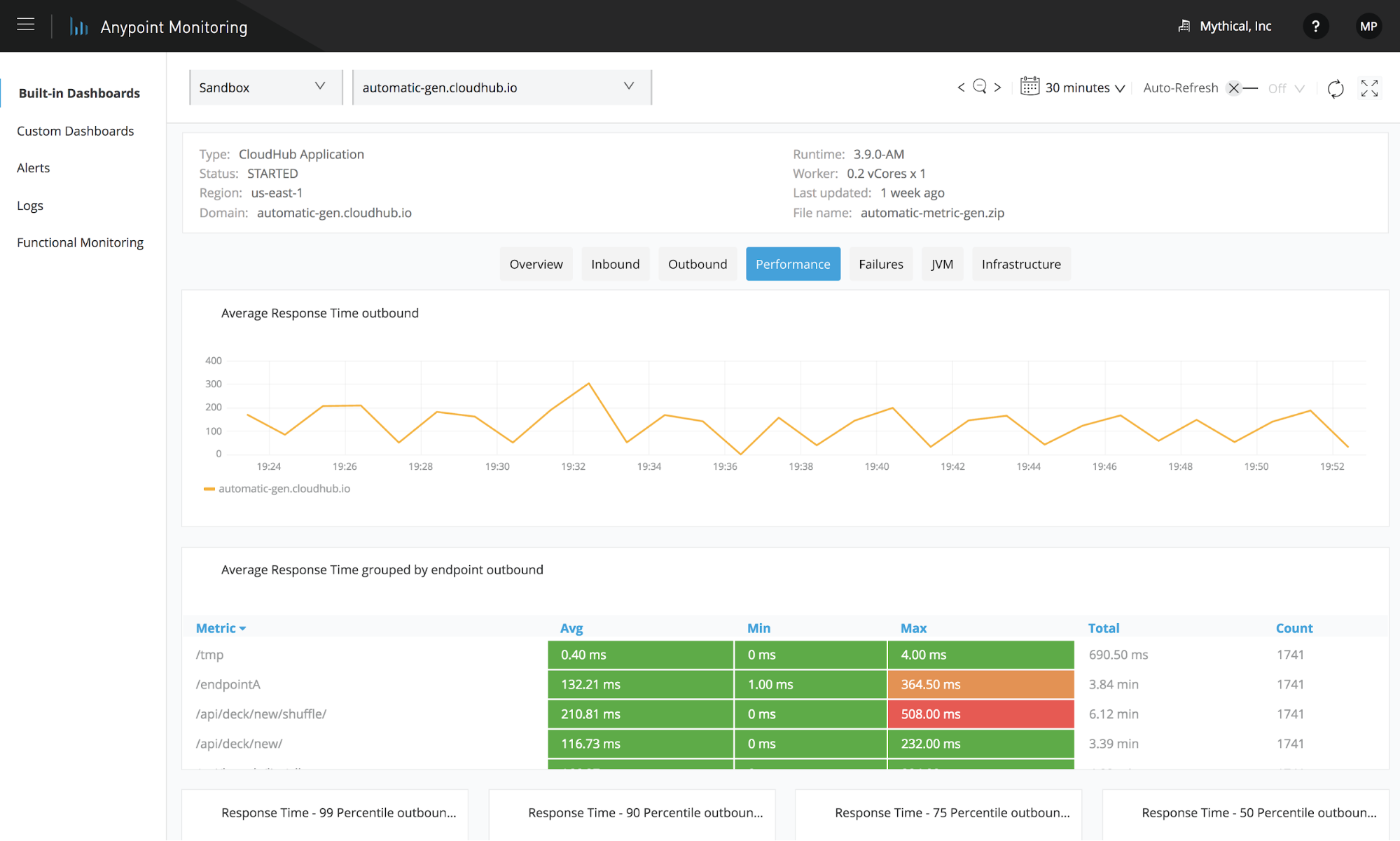
API Management
Today, organizations not only develop APIs for internal and external stakeholders but also need to manage their security, governance, performance, and consumer access. Anypoint API Manager provides an end-to-end solution for API lifecycle management. In Turkey, as an authorized MuleSoft partner, Logicalbond implements this solution tailored to your organization.
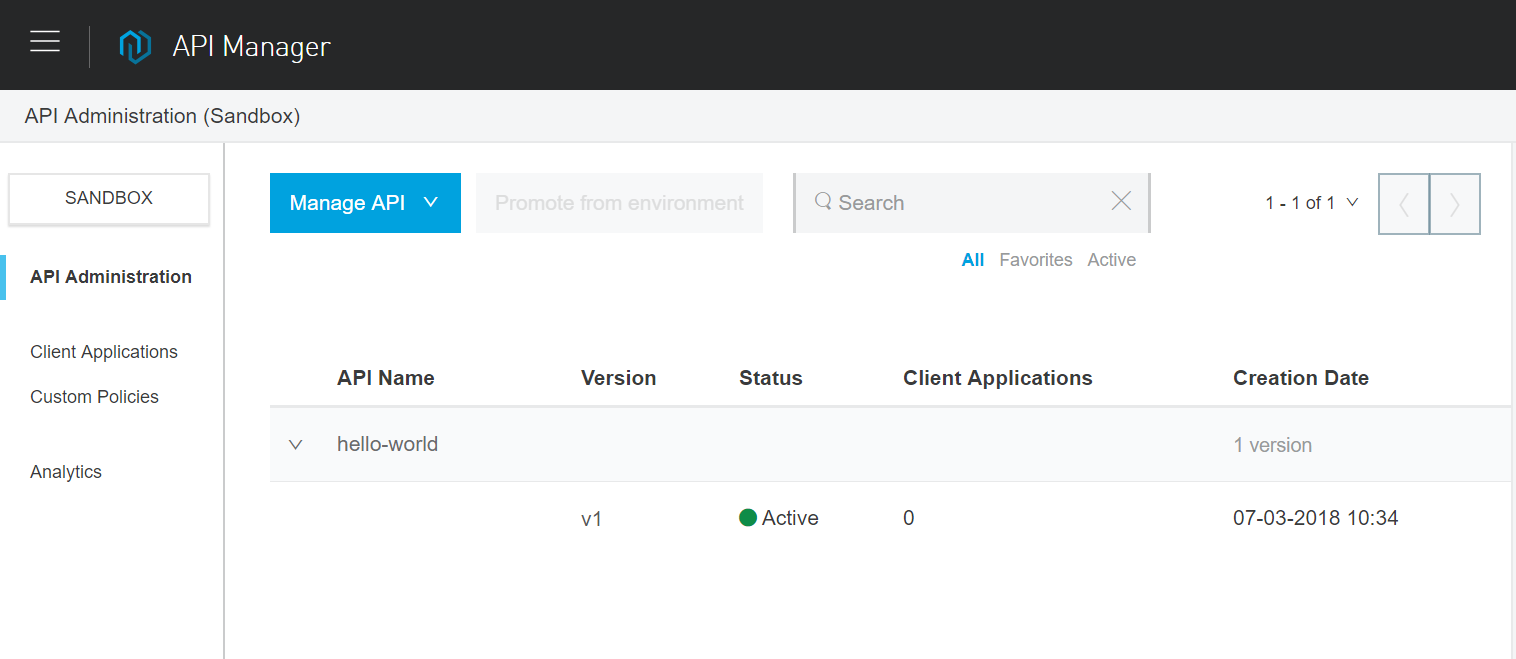
API Governance
Enterprise API management is not just about connectivity or data movement; it also ensures APIs meet quality, security, and reusability standards. Anypoint API Governance provides a robust solution for applying standards throughout the entire API lifecycle (design, development, deployment, consumption). Logicalbond, as an official MuleSoft partner, positions this solution for organizations in a tailored way.
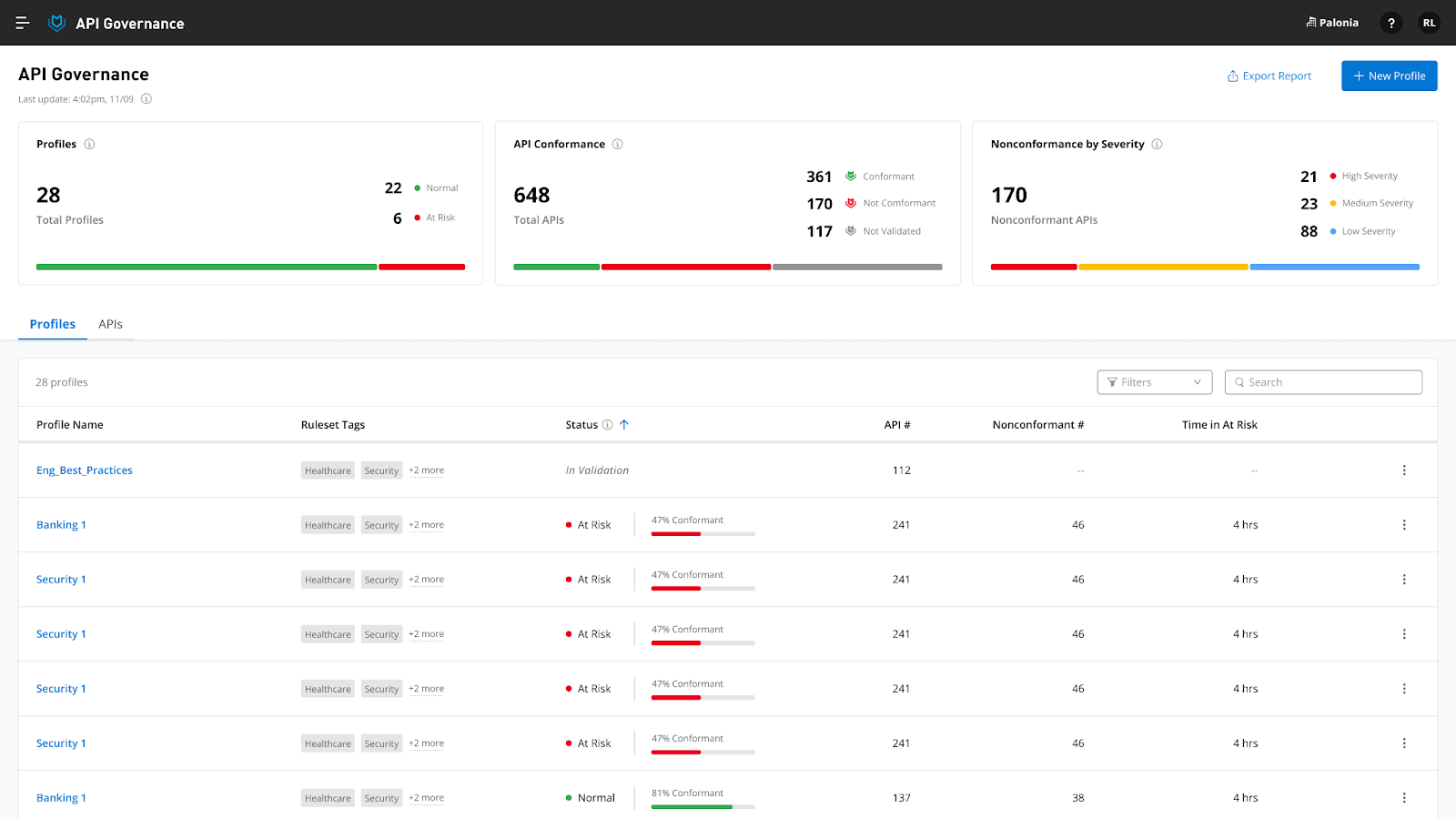
Flex Gateway
Modern enterprises do more than just develop and publish APIs; they require managing services across cloud, on-premises, and hybrid environments, as well as across various technologies such as REST, SOAP, and microservices, through a single gateway layer. Anypoint Flex Gateway is designed to meet this need with high performance and robust security. Logicalbond, as an authorized MuleSoft partner, configures and implements this solution tailored to your organization.
